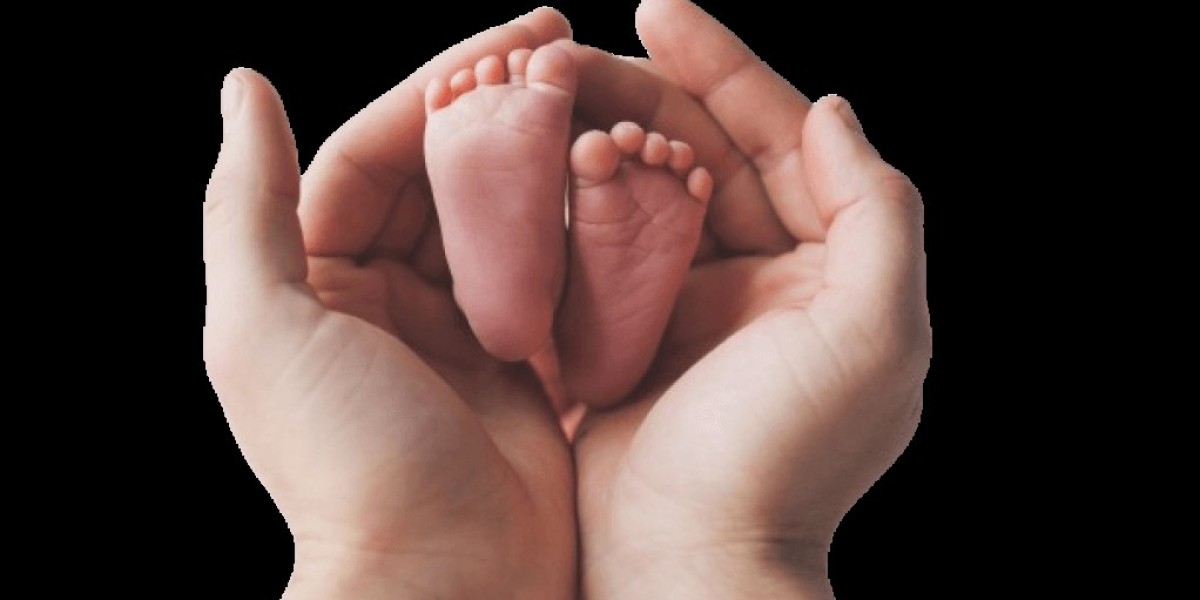Egg quality plays a crucial role in fertility and conception. For many women facing difficulty conceiving, poor egg quality could be the underlying issue. This is especially true for those exploring fertility treatments such as IVF or considering egg donation through a central egg bank. Understanding the signs of poor egg quality and the available solutions, like working with an egg bank donor, can help pave the way to a successful pregnancy.
In this blog, we’ll discuss the symptoms of poor egg quality, its causes, and how egg donation can be a game-changer for those struggling with fertility.
What Are the Symptoms of Poor Egg Quality?
Irregular Ovulation or Missed Cycles
Poor egg quality often results in inconsistent ovulation, leading to irregular or missed periods. If your cycles are unpredictable, it may be worth investigating your egg health.Difficulty Achieving Pregnancy
One of the clearest indicators of poor egg quality is difficulty conceiving after trying for six months to a year. Poor-quality eggs may not fertilize properly, reducing the chances of successful conception.Frequent Miscarriages
Eggs with chromosomal abnormalities are a common cause of recurrent pregnancy loss. If you’ve experienced multiple miscarriages, poor egg quality could be the reason.Poor IVF Outcomes
During IVF, poor egg quality can lead to embryos that fail to develop or implant successfully. Women undergoing fertility treatments may notice fewer viable embryos, a sign that egg health is compromised.
What Causes Poor Egg Quality?
Several factors influence egg quality, including:
- Age: Egg quality naturally declines as women age, particularly after the age of 35.
- Lifestyle Choices: Smoking, poor diet, stress, and lack of exercise can all negatively impact egg health.
- Medical Conditions: Conditions like PCOS, endometriosis, and autoimmune disorders can affect egg quality.
- Environmental Toxins: Long-term exposure to harmful chemicals or pollutants may damage eggs.
- Genetic Factors: Some women may inherit conditions that impact egg quality.
How Egg Donation Can Help
If you’re struggling with poor egg quality, egg donation offers a reliable path to parenthood. Using donor eggs from a trusted central egg bank ensures access to high-quality eggs from carefully screened donors. Egg bank donors are chosen based on strict criteria, including their fertility, genetics, and overall health, which increases the chances of successful conception.
With egg donation, the embryo is created using a donor egg and your partner’s or donor’s sperm, then transferred to your uterus. This process bypasses concerns about poor egg quality while still allowing you to experience pregnancy and childbirth.
Lifestyle Changes to Support Egg Health
While egg quality cannot be fully reversed, certain lifestyle changes may help improve overall fertility:
- Eat a Nutrient-Rich Diet: Foods high in antioxidants, like fruits, vegetables, and nuts, can protect eggs from oxidative stress.
- Take Fertility Supplements: Coenzyme Q10 (CoQ10), Vitamin D, and Omega-3 fatty acids are known to support reproductive health.
- Exercise Moderately: Regular physical activity can enhance blood flow to the ovaries and improve hormonal balance.
- Avoid Harmful Habits: Quit smoking and reduce alcohol intake, as these can harm egg quality.
- Manage Stress: High stress can impact ovulation and overall reproductive health. Consider yoga, meditation, or acupuncture for relaxation.
- Stay Hydrated: Proper hydration supports cellular health, including egg quality.
When Should You Seek Help?
If you’ve noticed any symptoms of poor egg quality or have struggled to conceive, it’s time to consult a fertility specialist. Diagnostic tests, such as AMH (Anti-Müllerian Hormone) levels, FSH (Follicle-Stimulating Hormone) levels, and ultrasounds, can provide a clearer picture of your egg health.
Women facing severe challenges with egg quality often benefit from exploring egg donation programs. Central egg banks offer a wide range of donors, making it easier to find a match that aligns with your needs and preferences.
Why Choose a Central Egg Bank?
Central egg banks provide a seamless experience for families seeking egg donation. From selecting a donor to coordinating the donation process, these banks ensure that every step is handled professionally. Additionally, egg bank donors are thoroughly screened, offering recipients peace of mind and a higher chance of success.
Egg banks are especially helpful for women experiencing recurrent miscarriages, poor IVF outcomes, or diminished ovarian reserve due to poor egg quality. They provide access to high-quality eggs, which can be fertilized and implanted for a successful pregnancy.
Conclusion
Poor egg quality can present significant challenges, but it doesn’t have to prevent you from achieving your dream of parenthood. By recognizing the symptoms and exploring options like egg donation through a central egg bank, you can overcome these obstacles and start your journey toward a successful pregnancy.
If you’re considering egg donation, reach out to a trusted egg bank donor program to learn more about the process and find a donor who meets your needs. Combined with a healthy lifestyle and the right fertility support, egg donation can offer a hopeful path to parenthood.









